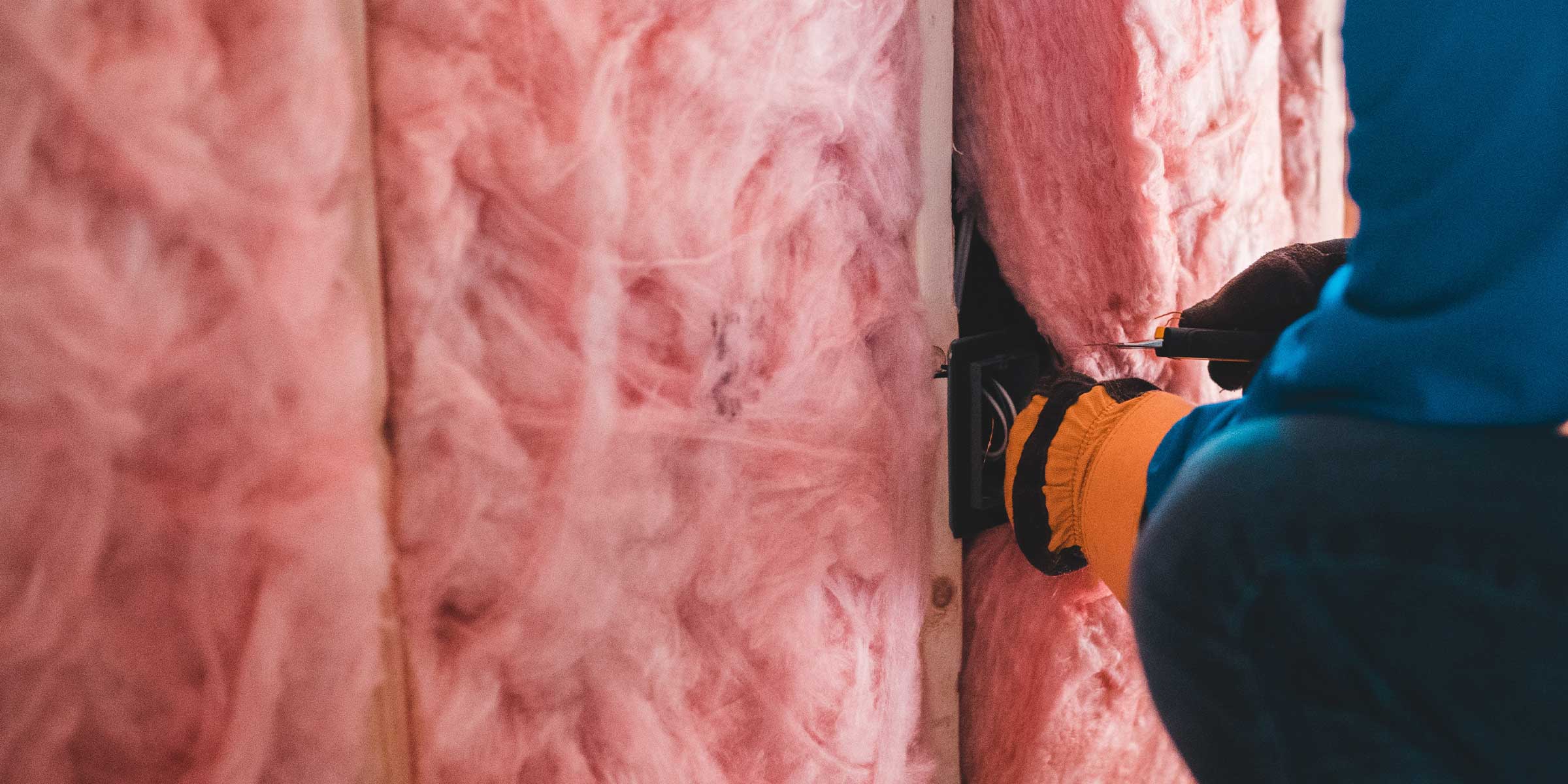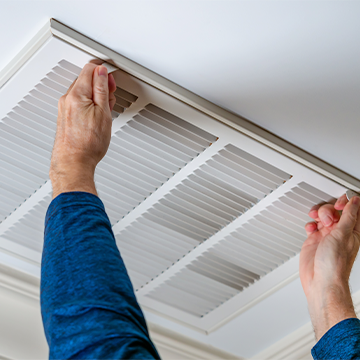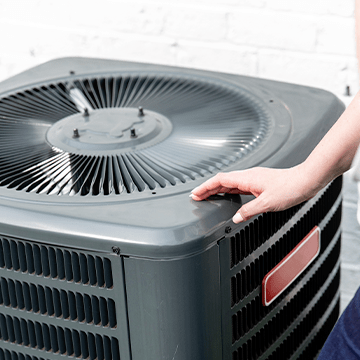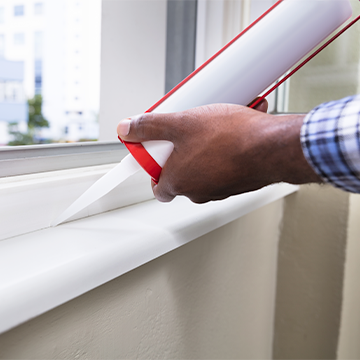Explore rebates for attic, wall and floor insulation.
Proper insulation means a more comfortable and energy-efficient home. LIMITED TIME ONLY Get a $500 rebate on new attic insulation.

Keep conditioned air where you want it.
The right insulation can save you up to 20% on your energy bill.
| Project | Rebate |
|---|---|
Attic insulation | $500 |
Wall insulation | $300 |
Floor insulation | $100 |
Get your home energy rebate in 3 easy steps.
*All TVA EnergyRight rebate-eligible upgrades must be completed by a member of the Quality Contractor Network.
Insulation FAQs
What does insulation do?
Insulation protects the conditioned areas in your home from the unconditioned areas. Translation: It prevents outdoor temps from disturbing the temperature you’re enjoying inside as well as keeping the unpleasant temps of, say, a hot and humid attic or a chill and damp basement, from crossing the thermal boundary into your living space.
What is an R-value?
Insulation levels are rated by R-values which measure insulation’s ability to resist heat flow. The higher the R-value, the better the thermal performance of the insulation.
Why is attic insulation important?
Attic insulation helps your home conserve energy by slowing down heat loss and heat gain, and reduces the size of heating and cooling equipment needed.
How much attic insulation should I add?
The recommended insulation level for most attics is around R-38, or about 10 to 14 inches, depending on insulation type.
Why is wall insulation important?
Wall insulation, like attic or floor insulation, is used to keep your indoor climate in and the outdoor climate out. If you’ve been in an old house, then you know how drafty they can feel, or even the opposite, how stale the air can feel. One of the reasons for that is poor or nonexistent wall insulation. But you don’t have to live in an older home to feel the effects of ineffective wall insulation. Maybe you want to turn an unfinished space, like a basement or garage, into a bonus room or small apartment. In that case, you’ll definitely want to add additional wall insulation to make it comfortable and energy efficient.
How much exterior wall insulation should I add?
The amount of wall insulation you need is based on the size of your walls and the type of insulation that you and your contractor decide to install. Generally, exterior walls should be insulated to at least R-13.
Why is air sealing important in exterior walls?
Insulation works best when air is not moving through or around it. Exterior walls typically have penetrations for electrical wiring and outlets, as well as gaps in the top, bottom, and sides of the walls that can leak warm air into or out of your home. Besides increasing your heating and cooling costs, these air leaks can introduce water vapor into your walls, potentially resulting in condensation and damage.
Typical blown-in and batt insulation don’t stop air leakage. Air leaks need to be sealed with caulk or foam before installing insulation. But if penetrations and gaps are not accessible for air sealing, like with existing walls, installation of dense pack insulation (cellulose or fiberglass) or blown-in foam insulation will provide an adequate level of air sealing.
Why is floor insulation important?
The first floor of your home makes up a huge part of your home’s thermal envelope. Proper floor insulation reduces the temperature variation inside by blocking the transfer of heat through the floor, meaning heat doesn’t escape in the winter.
How much floor insulation should I add?
The U.S. Department of Energy recommends that floors in warm climate zones be insulated with an R-11 value, or insulation that is 3 ½-inches thick.
With your indoor climate optimized, keep the home energy savings going.
Boost your energy efficiency with these compatible rebates.

Duct system

HVAC system

Air sealing
Could your insulation use some attention?
Check out these additional TVA EnergyRight services and find out.
Quality Contractor Network
Get access to hundreds of licensed and insured contractors trained to meet TVA's quality guidelines.
DIY Home Energy Assessment
Explore the ins and outs of your home's energy use at your own pace, at the time that's best for you.



